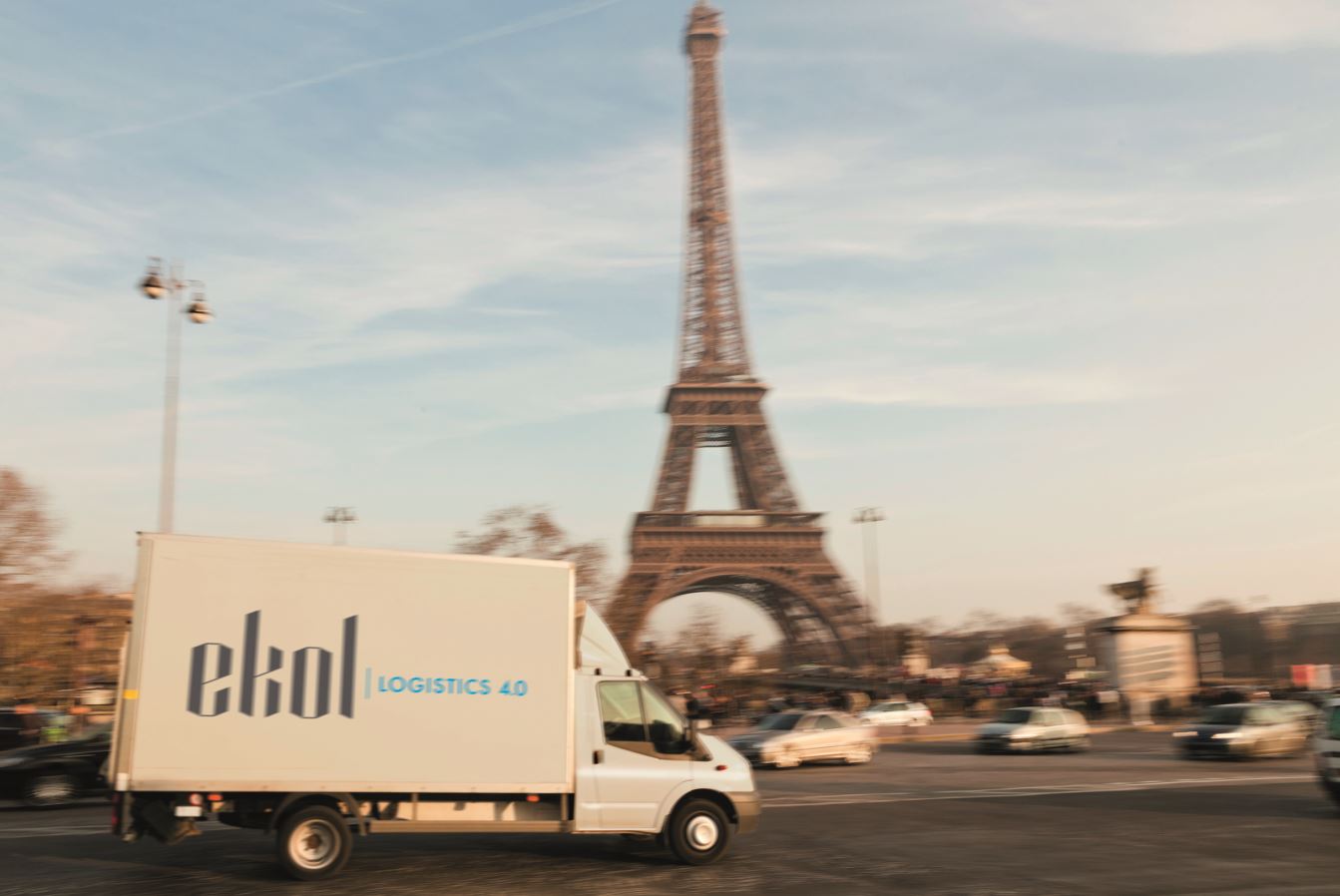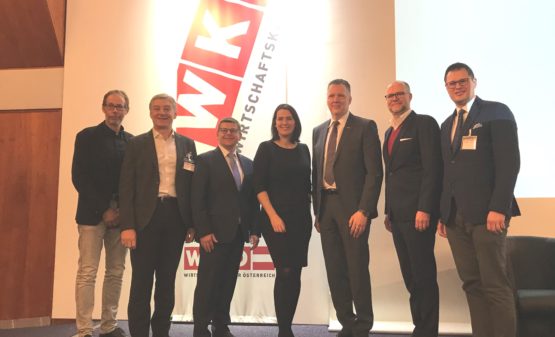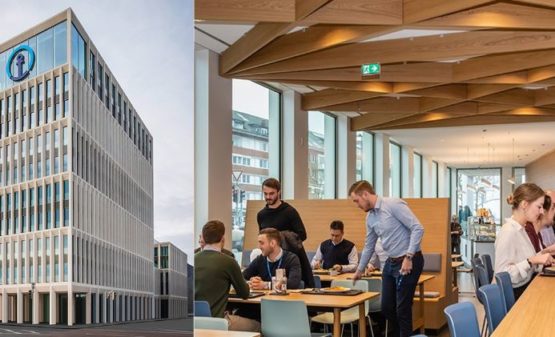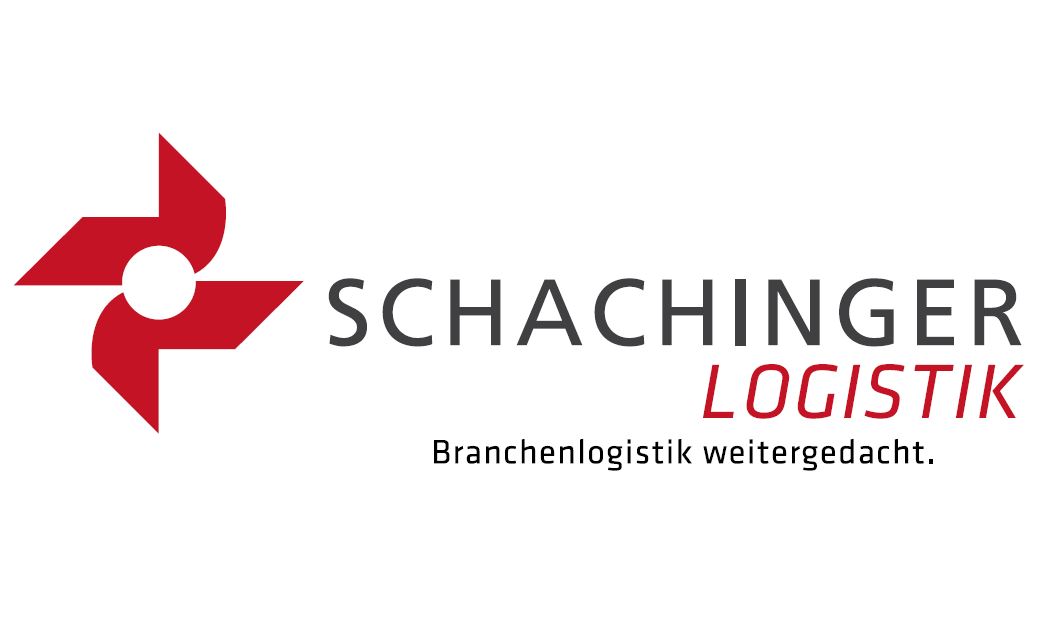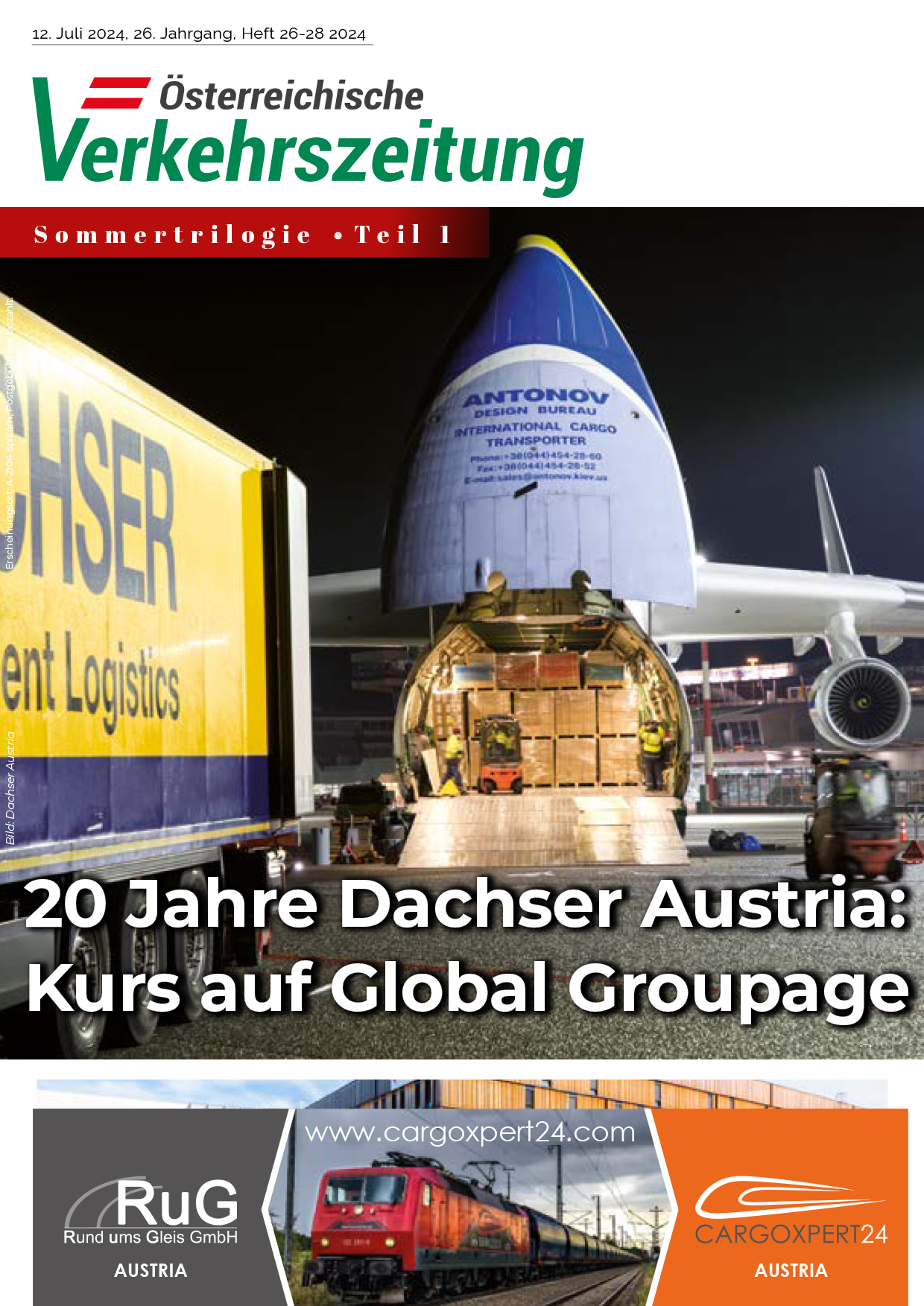Ekol France has opened two new branches. With the constant growth of the company in France since August 2016 and the strategic position in Ekol’s development, they will cover most of the activities in the logistical environment.
“One branch is in Paris where we will mostly be concentrated on national and international distribution. The facility has a 1,600m² warehouse, truck parking for 20 vehicles and a heavy truck garage that could facilitate the maintenance of trucks. It will also manage the railway connection between Paris and Sète and even develop more connections with the north of Europe,” says Tuğrul Sarıkahya, Country Manager France.
Ekol in Lyon will also do some national and international distribution. It will be mostly a freight forwarding agency and it will be able to absorb flow from every direction. It will also be specialized in cross docking operations and express services. With a 2000m² warehouse and truck parking (for 20 transport means), these activities will be easy to manage and to respond at any requirements of our clients. It will also have its own customs service.
“The goal of Ekol in Lyon is to create new traffic lines to Eastern and Southern countries in Europe,” explains Tuğrul Sarıkahya.
Ekol has operated in France since 2012. Ayshe, Ekol’s own Ro-Ro vessel, arrives at Sète from Izmir connecting France with Turkey and the Middle East. Ekol also develops intermodal transportation and one of the block trains connects Sète with Paris.
Ekol, an integrated logistics company founded in 1990, provides international freight forwarding, warehousing, domestic distribution, foreign trade, customs, and supply chain management services in 15 countries. The company is one of Europe’s major logistics providers, boasting distribution centers with 1,000,000 square meters of total indoor space in Turkey, Germany, Italy, Greece, France, Ukraine, Bosnia-Herzegovina, Romania, Hungary, Spain, Poland, Czechia, Bulgaria, Iran and Slovenia in addition to allowing for Intermodal transportation with the utilization of its 6 Ro-Ro vessels, 48 block trains per week and 5,500 vehicles.


